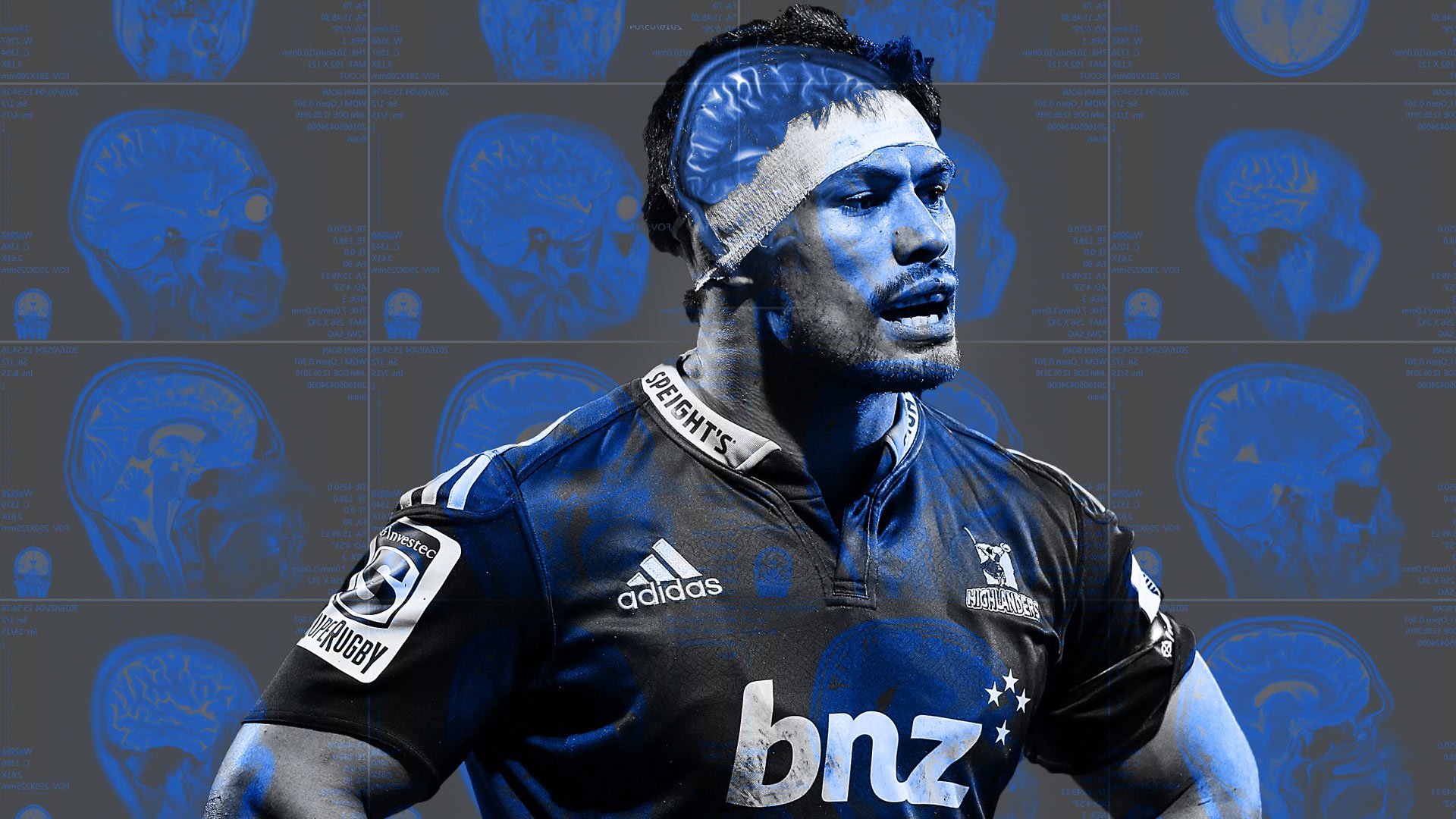Another week, another player’s career ends due to concussion.
Tasman Mako and Highlander Shane Christie has announced his retirement from rugby due to ongoing concussion symptoms he has been plagued with for almost two years. Christie will be taking up a role with the Tasman team as an assistant coach.
This is just another reminder that professional sport careers can be only fleeting – Christie is 32, relatively old for a rugby player but obviously incredibly young to be leaving his chosen career.
The question remains, what is life for these players going to be like after they leave rugby? When you’ve come to the natural end of your career it must be a far easier pill to swallow than someone who has spent the last 18 months trying to get back on the field, who has held out hope for the longest time that they might need only one more week of rest.
Many rugby players realise that they need to prepare for employment after their sporting career comes to an end and study various qualifications part-time while they’re still playing, but not everyone is in that position.
The most curious thing about Christie’s ailment is that for the longest time there was no information available to the public – a “mystery illness” kept being reported, but that begs the question of whether the people in charge were hiding what Christie was suffering from, or whether they genuinely did not know what the problem was.
The second possibility is scary enough, but it would be almost equally as concerning if Christie’s condition was being concealed – given that every other physical injury is discussed openly in the sport.
Regardless of why Christie’s inability to play was withheld for so long, the sheer number of players whose careers have ended in the last few years is frightening – especially when you compare it to earlier days of the sport.
New Zealanders Shane Cleaver, Ben Afeaki, Crag Clarke, Reggie Goodes, James Broadhurst, Mark Reddish and Kane Barrett have all called time on their playing days due to concussion symptoms – and there are a host of players who have spent extended periods out from the game too. Chiefs player Sam McNicol has barely played in the last two years and must surely be considering pulling the plug – a sad story for a man so early into his professional career. Kane Hames, the man who played for the All Blacks without having a Super Rugby contract, also hasn’t been sighted for the Chiefs this year – which will be disappointing for the All Blacks but even more troubling for the man himself.
A slightly more intriguing case is Dane Coles, who spent the early part of 2017 watching the game from the sidelines due to concussion but made a reappearance in the latter half of the year, only to rupture his ACL whilst playing for the All Blacks. Coles hasn’t been spotted on the field since and has openly spoken about what his plans are for life after rugby.
It is expected that Coles will take no part in Super Rugby this year. With the competition not concluding until August, Coles must be especially unlucky with injuries as recovery from ACL surgery normally takes 4 to 6 months. Given his concussion history, hopefully, he has no lingering symptoms when he finally returns to the field.
Reported concussions have dramatically increased in the last few years, which means that either incidents of concussion are on the up or that we’re simply seeing concussions diagnosed more readily now. Whilst the game is as physical and confrontational as ever, it seems unlikely that players are taking knocks to the head more frequently than in previous years, which indicates that the game as a whole is taking concussion more seriously now that it has in the past.
This, of course, is excellent for the current crop of players, but it’s equally as concerning for the surely frightening number of players who played on through concussion and did themselves even more damage in the past. Studies around the world are now showing the impact that playing high contact sport can have on later quality of life, and it’s a scary outlook.
Rugby is rightly becoming far more serious about concussion now, and while it’s an absolute tragedy that so many players are having to cut their careers short, it’s the right decision given the alternatives. Let’s just hope that the players who have forged ahead in the past aren’t punished due to the less stringent rules of yester-year.













































































